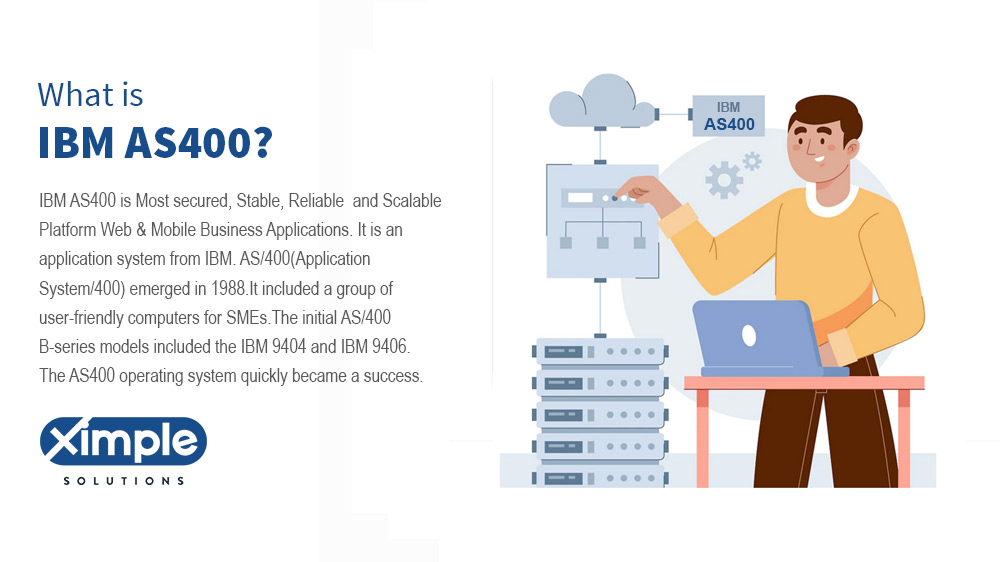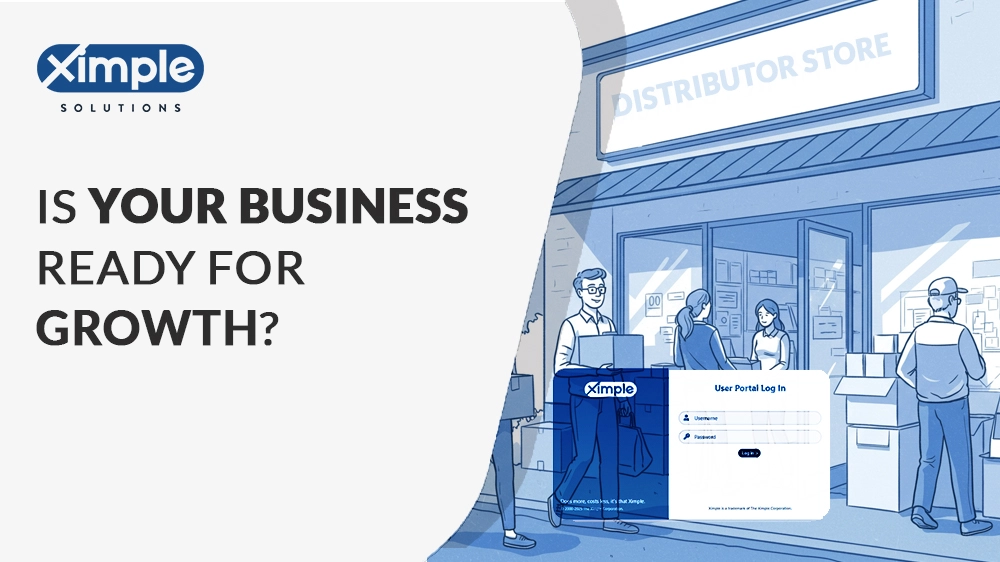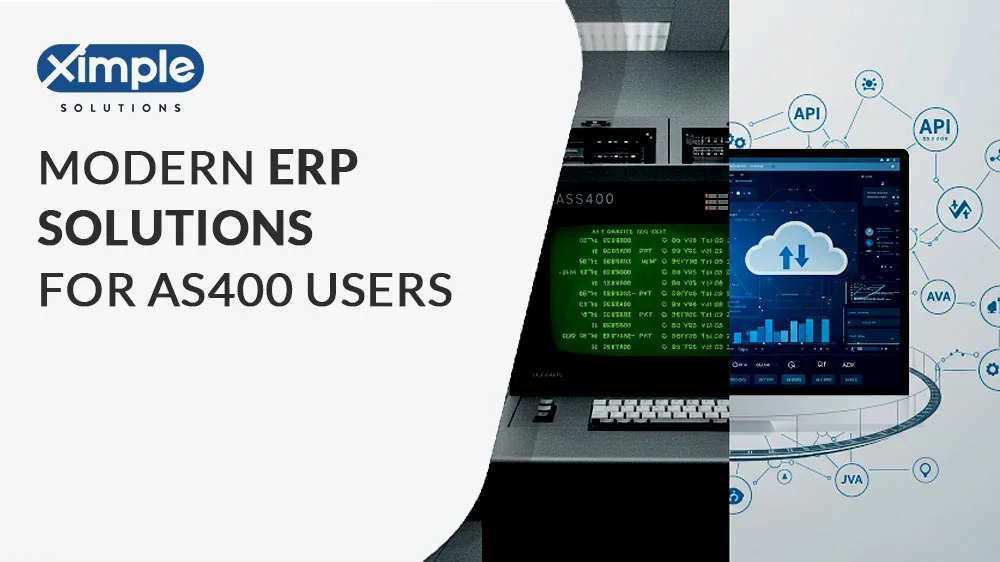Top 6 Reasons Why Companies Purchase an ERP System?
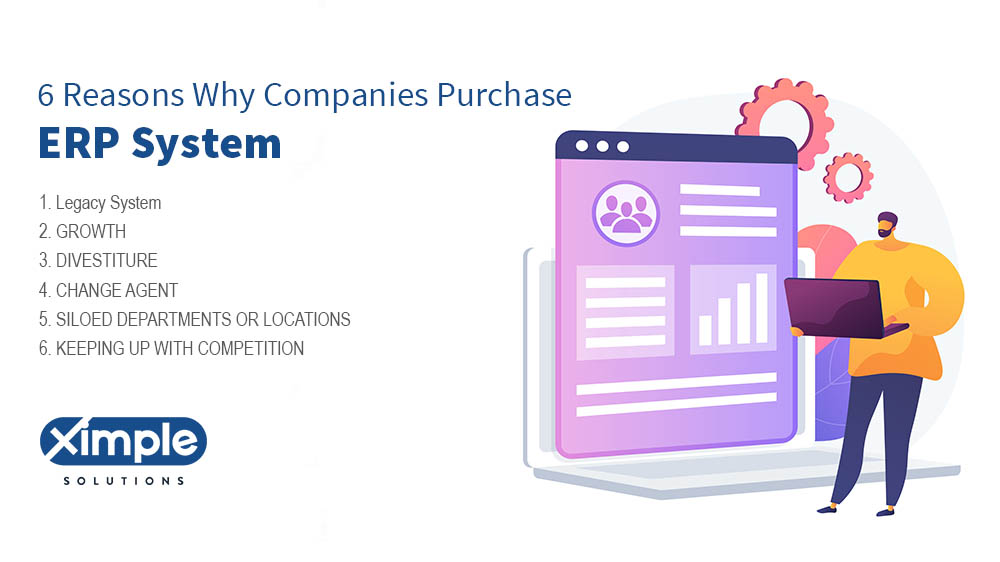
Now is ERP system offers you many different selections to help providers accomplish this objective. However, leading ERP applications goes beyond handling daily operations by providing tools to induce customer involvement and incite customer devotion. let’s identify Why Companies Purchase an ERP System
Table of Contents
- 1. Legacy System
- 2. GROWTH
- 3. DIVESTITURE
- 4. CHANGE AGENT
- 5. SILOED DEPARTMENTS OR LOCATIONS
- 6. KEEPING UP WITH COMPETITION
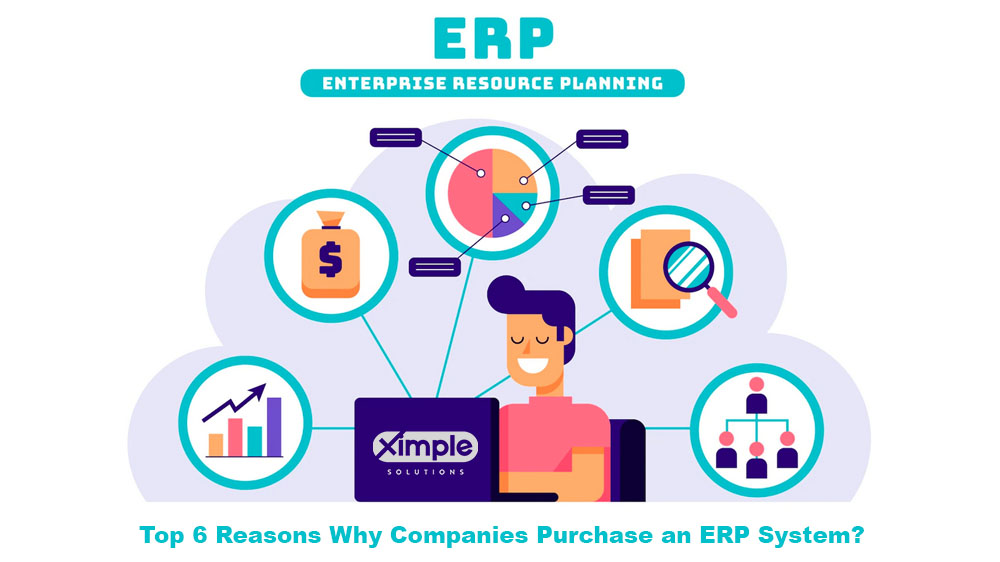
1. Legacy System
Among the most frequent reasons why businesses buy an ERP system is that their current legacy system is not worth the annoyance or cost, and a choice is made that it is time to cut loose. We are increasingly viewing legacy systems that are no longer supported and consequently have outstayed their welcome via stale operation and increased danger of collapse.
Old technologies are often a lot more costly to maintain than newer, lighter systems, from an overall maintenance perspective. Additionally, since the machine platform or code era, it has become more challenging and more costly to discover a support team that is knowledgeable about the obsolete system.
Companies that are still working with legacy systems also see that they may have safety problems, a lack of modern features and performance, and too little flexibility to customize or integrate. The machine becomes a ball and chain for the company to grow.

2. GROWTH
Just like how children experience growing pains, so do performing business — it is part of growing up after all. As a company becomes more and more recognized in a current market, it is very likely that preexisting — or base’ — systems and processes are not a fantastic fit.
This expansion, called organic expansion, often requires more than only a straightforward accounting system. During expansion strategy implementation, everyday complexities like handling several places, coping with improved staff communication demands, and also the necessity to better manage processes arise that heritage or fundamental systems cannot manage.
Additionally, as a company grows, so does the value of departmental data management and data flow. The procedure for sharing information across sections becomes a challenge since the data becomes trapped in a section silo and is not readily accessible.
Together with organic expansion, businesses may also experience non-organic expansion such as mergers and acquisitions. An acquisition plan might incorporate a system that may be flexible in embracing and integrating numerous methods of handling and monitoring a business enterprise. That approach may also incorporate a system that’s simple and quick to roll out at recently acquired branches or companies.
3. DIVESTITURE
It is not unusual to find companies seeking to re-focus their surgeries, mainly when a subsidiary of this business is underperforming or does not match with future goals and direction. Even though a subsidiary might be experiencing modest to no expansion for part of the more significant corporation, it might be very beneficial to the market as an independent operation.
For subsidiaries that are very spun off, it’s normal that they need to put money into another sized system and begin with clean information and tailored information fields. In addition, for a business spinning off a branch or merchandise, a new ERP system may ease the change of focus from a service or product, and help to achieve a clean break’.

4. CHANGE AGENT
An ERP is a great approach to ease cultural change within a company. Implementing an ERP system puts expectations and boundaries on ‘the way we do things and what is okay. It frequently guarantees a provider grows more accountable with compact internal procedures, and enhanced coverage, and is a chance to decide on a focus on what needs to be monitored inside the business.
Firms experiencing a tactical management change also generally achieve an ERP system. They could be considering changing a product line, or a service line, or even attempting to change the branding of their business – a practice that starts internally.
5. SILOED DEPARTMENTS OR LOCATIONS
ERPs supply vision into inter-departmental pursuits and situational awareness that’s not possible to obtain with no ERP. They allow organizations to use the same information across sections, stamping out the danger full of the time-consuming, cash-wasting exercise of duplicate data entry.
Businesses will also proceed into an ERP whenever they need to set up the government to make sure distributed teams function and operate in the same manner throughout the organization. Risk reduction is found in lessening the incidence of individuals or places performing a similar procedure in vastly different manners.
6. KEEPING UP WITH COMPETITION
An ERP is now a ‘must-have’ for any business seeking to stay competitive, as progressively organizations seem to technologies to gain competitive benefits.
Organizations are searching for faster access to data, history, and statistics to make conclusions in a more expedited manner. They are also seeking to enhance the client experience without including extra costs related to greater headcounts.
With countless ERP implementations under their belt, Liberty Technology Advisers understand what to ask and what is reasonable (and ridiculous ) when it concerns the execution and contractual discussions. You would not walk into a restaurant blindfolded and expect you to select the ideal meal for you, so why if you do precisely the same using something as essential as an ERP system?

